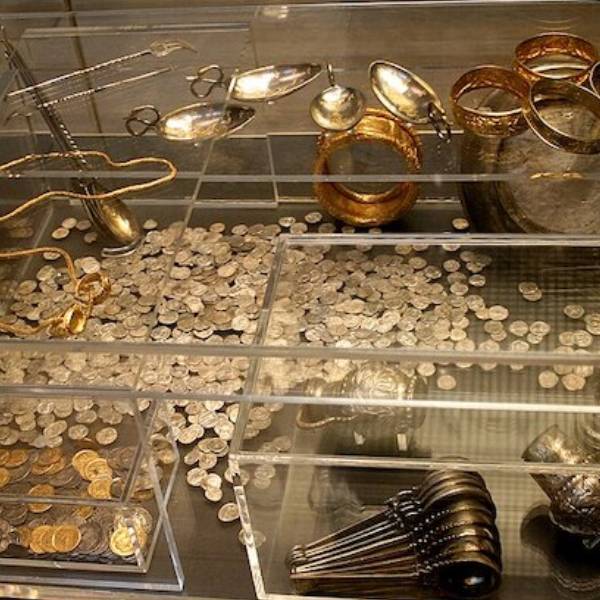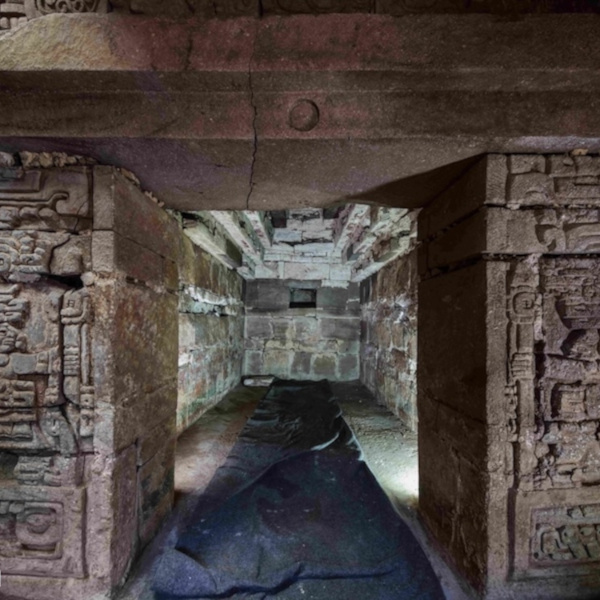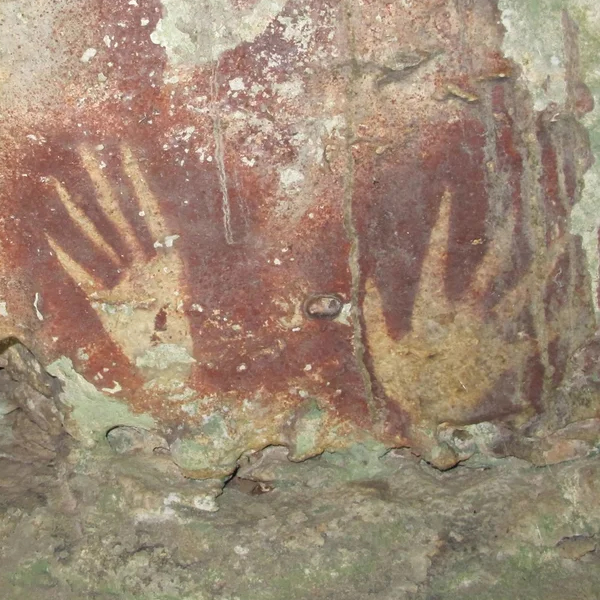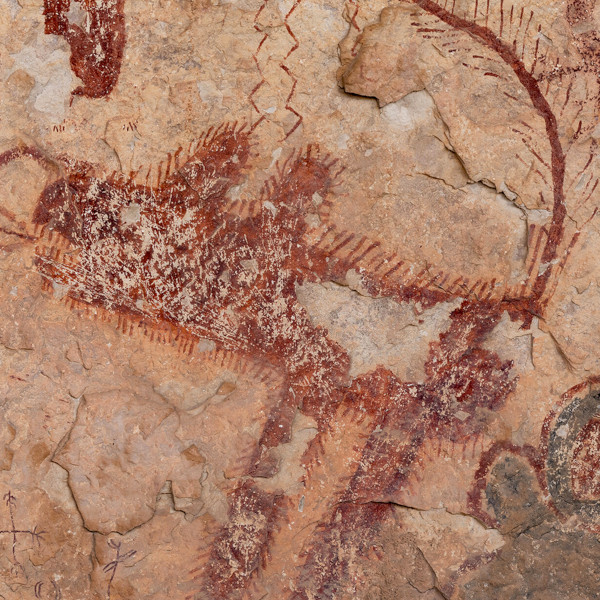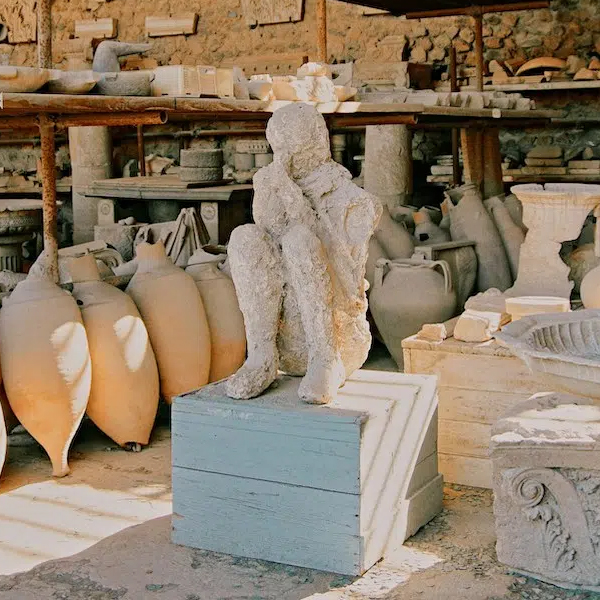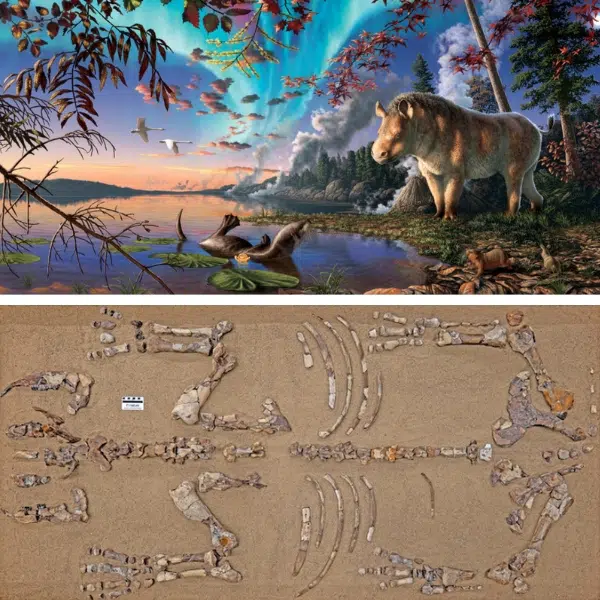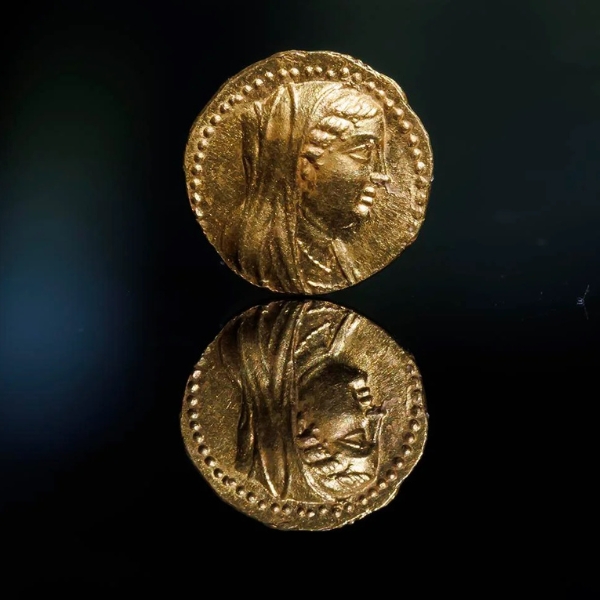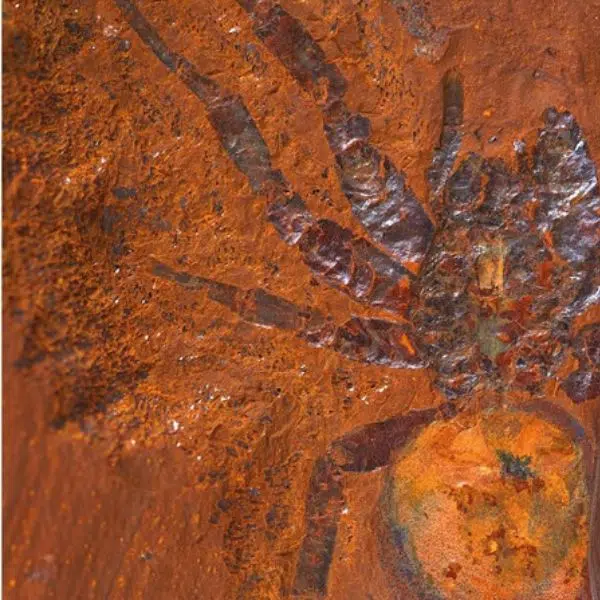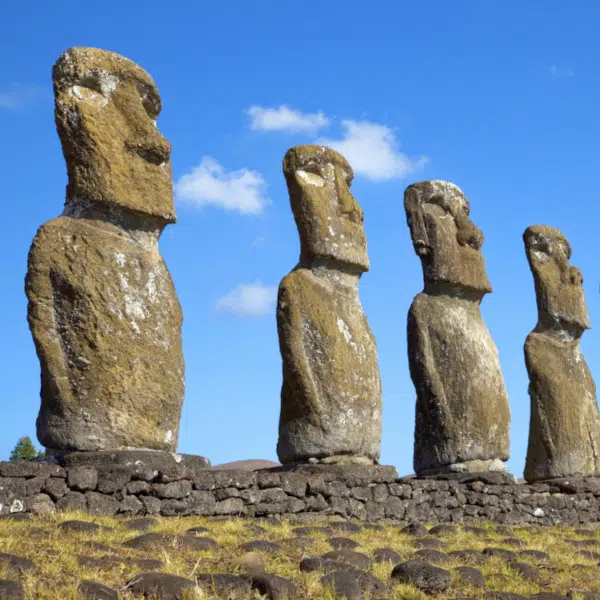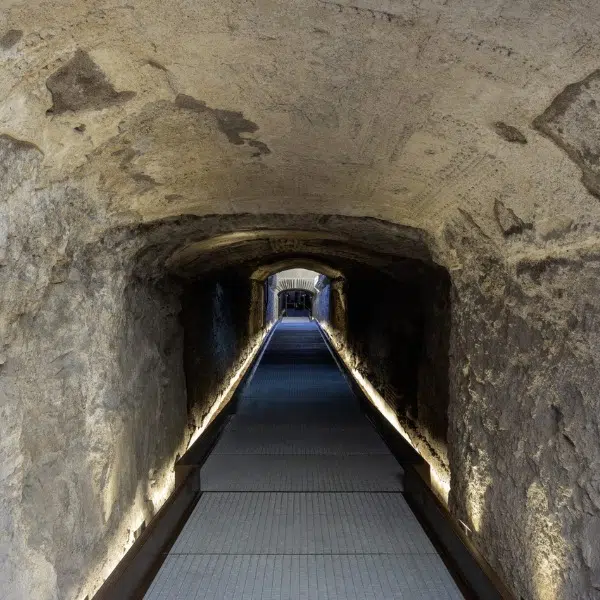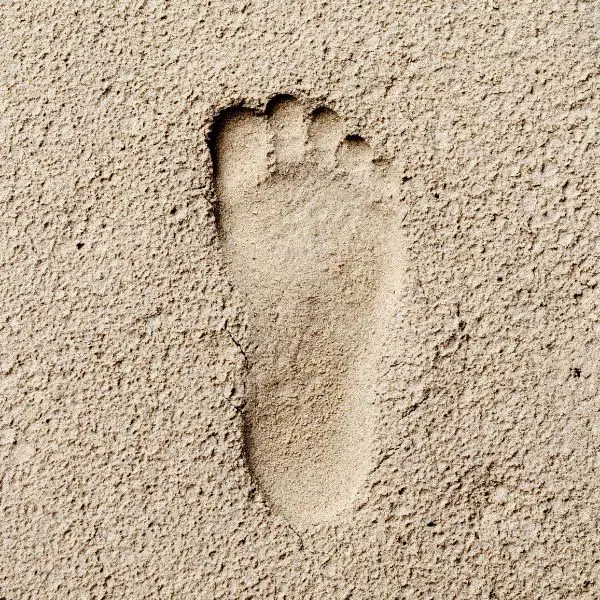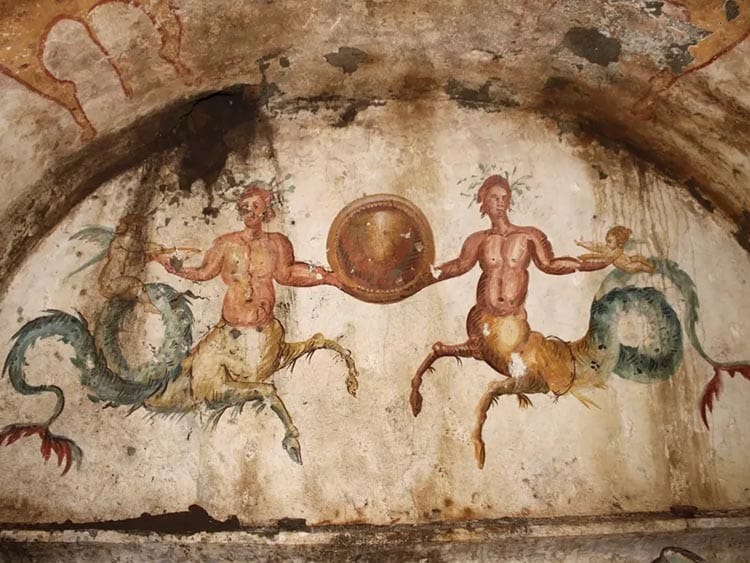
Marine centaurs in the tomb's many paintings. (Photo: Superintendency of Archaeology, Fine Arts and Landscape of Naples)
Ancient tombs reveal much about the lives of the people who once lived, but now lie entombed. Fascinating discoveries have been unearthed in tombs, including ancient liquid wine and jars of provisions buried to supply the deceased in their journey. In addition to burial goods, the human remains also tell a story—for example, two Neanderthal skeletons found embracing suggest affections long past. The Tomb of Cerberus—discovered in 2023 in Naples, Italy—has yielded discoveries of both goods and human remains. The latter were recently exposed when a coffin was opened after 2,000 years.
The tomb is located in a necropolis, an ancient Roman burial ground. (A necropolis is a city of the dead, and in this case the city holds many secrets waiting for archeologists to decipher them.) It is nearby Giugliano, a city in Naples. Discovered in 2023, the tomb is both lavish and well-preserved. It has since been dubbed the Tomb of Cerberus, named for Cerberus, the three-headed mythical dog which appears throughout the frescoes of the tomb. The size and design of the tomb indicates it belonged to a wealthy Roman family. In addition to the dogs, ichthyocentaurs also appear in the decorations. These are marine centaurs, part man, horse, and fish.
Within the tomb, archeologists discovered three altars with vases where offerings would be made. Funeral beds boasting coffins containing the remains of the ancient family members were also present. To investigate, archeologists poked a miniature camera into one coffin. They sighted a skeleton draped in a mineralized shroud, just as it had lain for 2,000 years. The coffin has since been opened to reveal the wealthy occupant who was laid to rest surrounded by glass jars that held perfume and toiletry ointments for the deceased. Continuing the theme of personal hygiene, a strigil was also discovered. This tool was used to scrape the skin clean.
Many more details may soon emerge, as a team of researchers across disciplines examines the artifacts. Textile samples are studied by experts in ancient fabrics, while other experts focus on further samples. Analysis of the bottles has already revealed pollen from wormwood and goosefoot. Genetic research into the skeleton itself will add to the picture of the past captured within the tomb.
The 2,000-year-old Tomb of Cerberus contains ancient Roman burials, one of which was recently revealed as archeologists opened an ancient coffin.
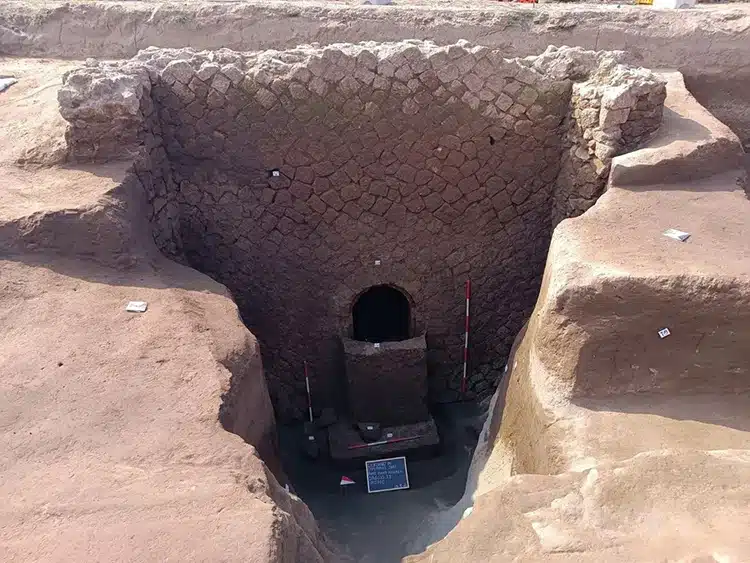
The Tomb of Cerberus as discovered in 2023. (Photo: Superintendency of Archaeology, Fine Arts and Landscape of Naples)
Inside the tomb, archeologists discovered three altars with vases where offerings would be made.
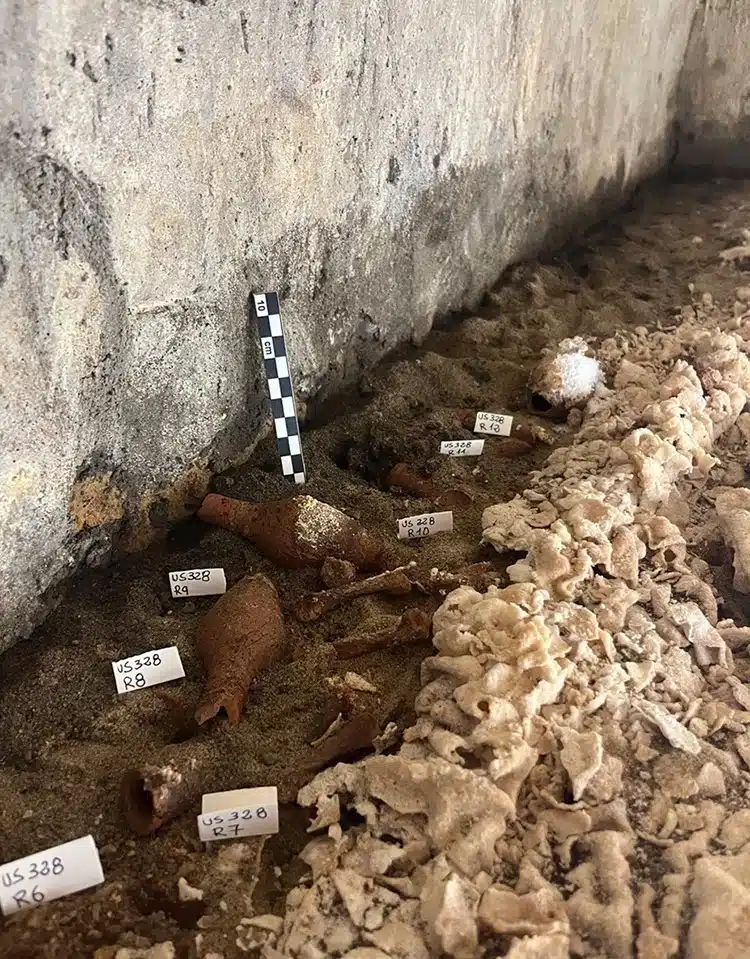
Discoveries inside the tomb. (Photo: Superintendency of Archaeology, Fine Arts and Landscape of Naples)
There is still much yet to be discovered about ancient civilizations through this necropolis, its artifacts, and the human remains found on site.
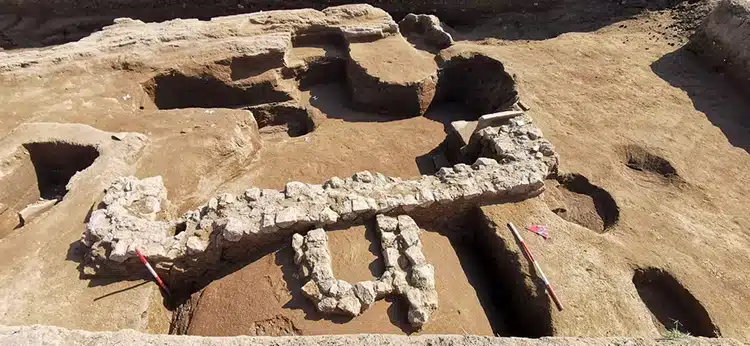
The Roman necropolis in Naples. (Photo: Superintendency of Archaeology, Fine Arts and Landscape of Naples)
h/t: [Smithsonian Magazine]
Related Articles:
Hidden Tunnels Discovered Under 1,500-Year-Old Church in Istanbul
Divers Find 3,000-Year-Old Statue With Human Fingerprints on It at Bottom of Lake in Italy
Underwater Archeologists Discover Ornate 2,000-Year-Old Mosaic Floor in Italy











































































